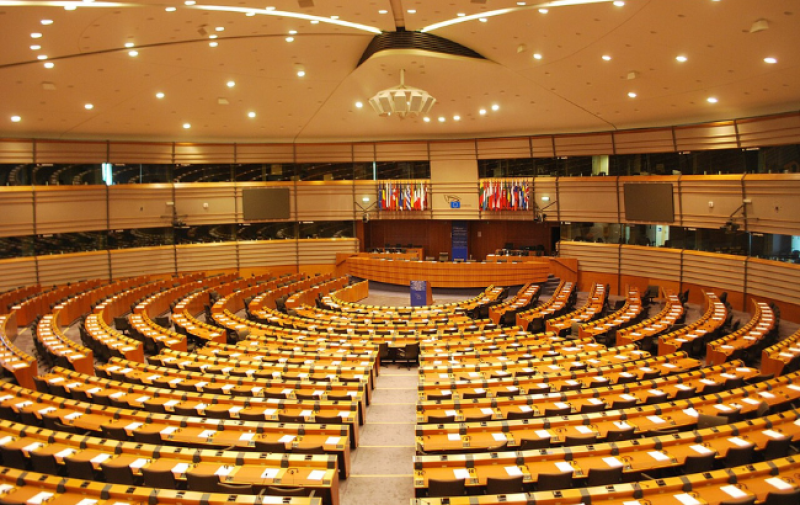Stay always informed
Interested in our articles? Get the latest information and analysis straight to your email. Sign up for our newsletter.

Letter to progressive MEP candidates on behalf of CEO
Dear candidate,
We wish you well in your campaign to become a member of the European Parliament. Should you succeed, you will be welcomed in Brussels (and Strasbourg) by 35,000 professional influencers, most of which are lobbying on behalf of corporations.
That’s why we are sending you this guide to corporate lobbying in the EU institutions (here in English, German, French, Italian, Spanish and Portuguese) written by Corporate Europe Observatory (CEO), a lobby watchdog based in Brussels. We have investigated corporate lobby groups since 1997, and we have done our utmost to shine a light on their workings and reduce their power in the EU.
For there’s no denying they are very powerful. In the past term alone they have had a profound negative impact on climate policies, regulation of Big Tech, environmental policies, chemicals and pesticides regulation, public health measures, and the list goes on.
The guide introduces you to their main inroads to power. It’s not just about spending big and mobilizing an army of lobbyists to knock incessantly on the door of parliamentarians until it opens. Other channels are less well understood, for instance, how corporate lobbyists are regularly invited by the European Commission to help draft laws and policies.
As you campaign, you are surely making pledges about the kinds of policies you stand for and wish to enact. But if we are serious about defending social rights and democracy, and about stopping climate change, the corporate capture of EU decision-making is an obstacle to those aims, and needs to be stopped.
As you will see in this pamphlet, we have lots of ideas about where to begin. It also suggests activities that you can do as a candidate MEP, and a list of concrete reform proposals to defend democratic decision making from corporate capture.
Candidate MEPs in France, Sweden, Czech Republic, Germany, Denmark and elsewhere have already highlighted the problem of corporate capture in their election campaigns, and presented to voters what they will do to protect democratic decision-making if they’re elected. With this guide, you're well equipped to follow this example!
You are most welcome to get in touch and discuss cooperation, before or after the elections.